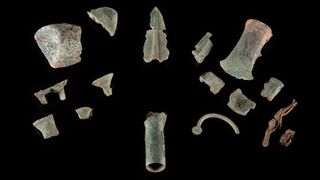
Metal money wasn't just for the rich in Bronze Age Europe, study finds
What did Bronze Age people do with all that bronze? New research revives old arguments about the nature of money

What did Bronze Age people do with all that bronze? New research revives old arguments about the nature of money
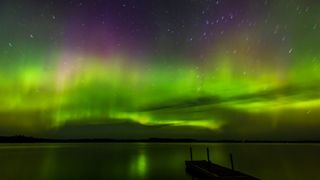
The last gasp of a "cannibal" coronal mass ejection that slammed Earth on Tuesday will bring lovely auroras to parts of the northern US and most of Canada tonight, with more northern lights displays on the way this weekend.

New methods applied in live mice suggest that molecules called neuropeptides, not neurotransmitters, play the main role in our response to danger.

Little is known about the fate of PFAS in our environment, but new research finds that bacteria in wastewater can degrade specific types of "forever chemicals."

Astronomers using the James Webb Space Telescope have found that Ariel, a moon of Uranus, has some of the most carbon dioxide-rich deposits in the solar system, hinting at a buried water ocean.

An orthopedic surgeon explains what it's like to support USA Basketball at the Olympics.
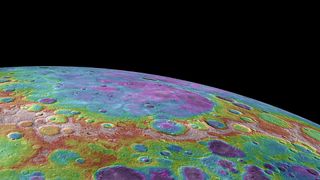
New simulations suggest that a 9-mile-thick layer of solid diamonds may lurk deep below the surface of Mercury. The gems almost certainly can't be mined for bling — but they may help solve some of the planet's biggest mysteries.
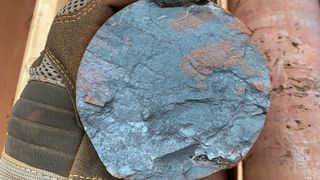
Huge iron ore deposits in Western Australia's Hamersley Province formed when major tectonic events led to the breakup of supercontinent Columbia and to the amalgamation of Australia.

New ion-trap chip eschews lasers for an integrated circuit that can be mass produced in existing semiconductor factories.
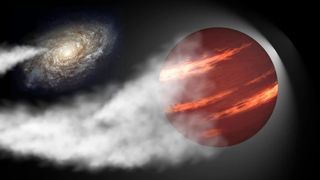
Citizen scientists have discovered what may be a brown dwarf racing through the cosmos at around 1.2 million miles per hour. Now astronomers want to know what launched it.
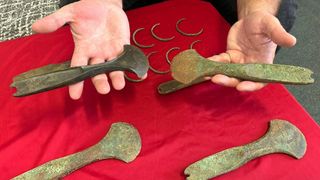
Archaeologists used metal detectors to find the hoard, which includes several pieces of jewelry and weapons.

Olympic triathlon racers finally dove into the Seine following postponements due to poor water-quality test results. Will the water stay swimmable?
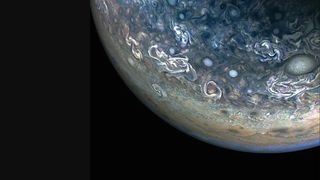
Vivid clouds swirl across Jupiter's skies like colorful brushstrokes in a new photo from NASA's Juno spacecraft.
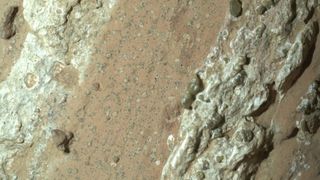
A peculiar leopard-spotted rock, found beside an ancient, dried-out river in Mars' Jezero crater, contains some tantalizing clues of ancient life, NASA said.
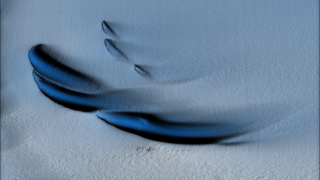
The unusual patterns, found beneath West Antarctica's Doston Ice Shelf, could help scientists to better understand how glaciers erode.
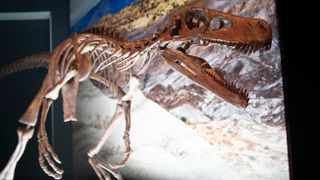
Researchers say they've recovered one of the world's oldest known dinosaurs after heavy rains exposed a Herrerasaurid skeleton in southern Brazil.
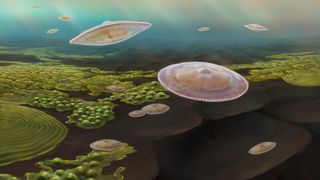
Researchers have laid out the case for complex life evolving 2.1 billion years ago, but not everyone is convinced it started so early.
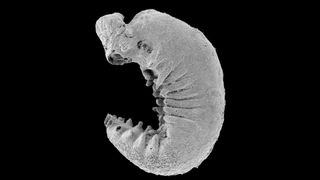
The newly discovered Youti yuanshi larva fossil is so well-preserved that it provides a road map for arthropod evolution during the Cambrian period.
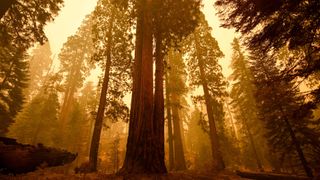
Trees don't like to breathe wildfire smoke, either.